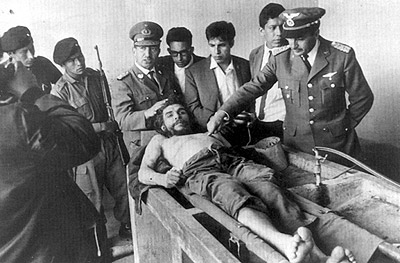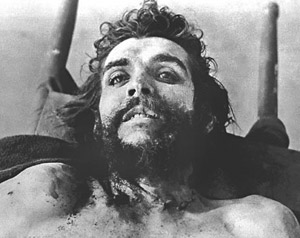
| HOME |
| NERVE |
| REVIEWS |
| ARCHIVE |
| EVENTS |
| LINKS |
| ABOUT US |
| CONTRIBUTORS |
| BACK ISSUES |
| CONTACT US |
Back to index of Nerve 20 - Summer 2012
 Dying Alive
Dying Alive
"They took the laptop off me, the car and the suit. You hand it all in. Then what?"
He starts to play the piano, and my eyes are drawn to his hands dancing on the piano keys. Muscle memory from a song he learned in his twenties, an ingrained dance and song in his hands, hands now forty years older than the day he learned to play this song. And yet, not. There is a low hum of chat in the room and a couple of people start to sing along to his playing. Tom sings with them:
"I said, that's life!
(That's life)
And as funny as it may seem
Some people get their kicks, stomping on a dream
But I don't let it get me down
'Cause this fine old world, it keeps spinnin' around"
"I didn't know what to do with myself after I retired," he
said, "I couldn't sit around the house all day, so I decided to volunteer
here at the hospice. I'm a volunteer driver."
Tom drives people to and from their homes to the daycare service at the
hospice, where people can meet up, socialize, share stories, access treatment
and advice. And listen to Tom play and sing.
"Why do you like this song?" I ask.
"I like Frank Sinatra's style," he says. "I like his cheek!"
It is impossible to explain a song. Or a kiss. Or a laugh. Or a tear.
We cannot explain, label, box or categorise any of those things. They
plunge us into a 'gap', should we allow it.
"It's hard to know what to do with your time when you stop work,"
Tom said.
"I've been a puppet, a pauper, a pirate,
a poet, a pawn and a king
I've been up and down and over and out and I know one thing
Each time I find myself flat on my face
I pick myself up and get back in the race
That's Life!
(That's life)
I tell you, I can't deny it
I thought of quitting baby, but my heart just ain't gonna buy it
But if there's nothing shaking come this here July
I'm gonna roll myself up in a big ball and die, my my."
(Frank Sinatra, 1915-1998. Lyrics from That's Life! 1966)
 That's life.
Life. It is a bigger taboo than death. No one will talk about life.
That's life.
Life. It is a bigger taboo than death. No one will talk about life.
And what have we done, as a society, with 'death'? It is just a word.
An empty word.
No one knows what it is, this event that we call 'death'. Not me, a hospice
nurse, not Tom, the volunteer driver, not the doctors, not any one of
the patients here at the day hospital with a 'terminal' diagnosis. None
of us know what death is. Yet whatever our 'role' here, at the hospice,
we all have to face it.
I also work as an 'end of life companion', sometimes known as a death
doula, death 'midwife' or 'soul midwife'. This is a revival of a very
ancient craft, one that is not well known in contemporary 'western' societies,
in my view because it is in direct conflict with our society's illusion
of control.
You are not the economy. Not the laptop, the suit, or the car. All of
that goes away. No philosophy, idea, title, badge or word from 'Caesar's
world', the world of the economy, of profit and loss, plus or minus, can
last too long.
And then the 'gap' begins to show its face. Filled with a song. Or a kiss.
Or a laugh. If you want. That is what a death midwife does - accompanies
a person in the 'gap', as they draw closer to themselves. Until eventually
the person walks on their own. We all have to. No one can die for us.
Who are you when it all gets taken away? What can never be taken? To ask
these questions brings about a quiet revolution inside oneself. It is
a surrender, this revolution, which, as Frank Sinatra points out, is not
the same thing as giving up. And one doesn't have to wait until 'death'
is 'diagnosed' as 'inevitable' by a medic before asking these questions.
How one lives is how one dies. And it's never too late to start living.
Or too soon:
"I know you've come to kill me. Shoot, coward, you're only going to kill a man. You can't kill the revolution."
(Ernesto 'Che' Guevara, 1928-1967. Reported last words before death.)
Tom finishes his song and everyone claps. He smiles. It's time for me
to go back to work. The 12 o'clock drugs are due.
"See you around," he says.